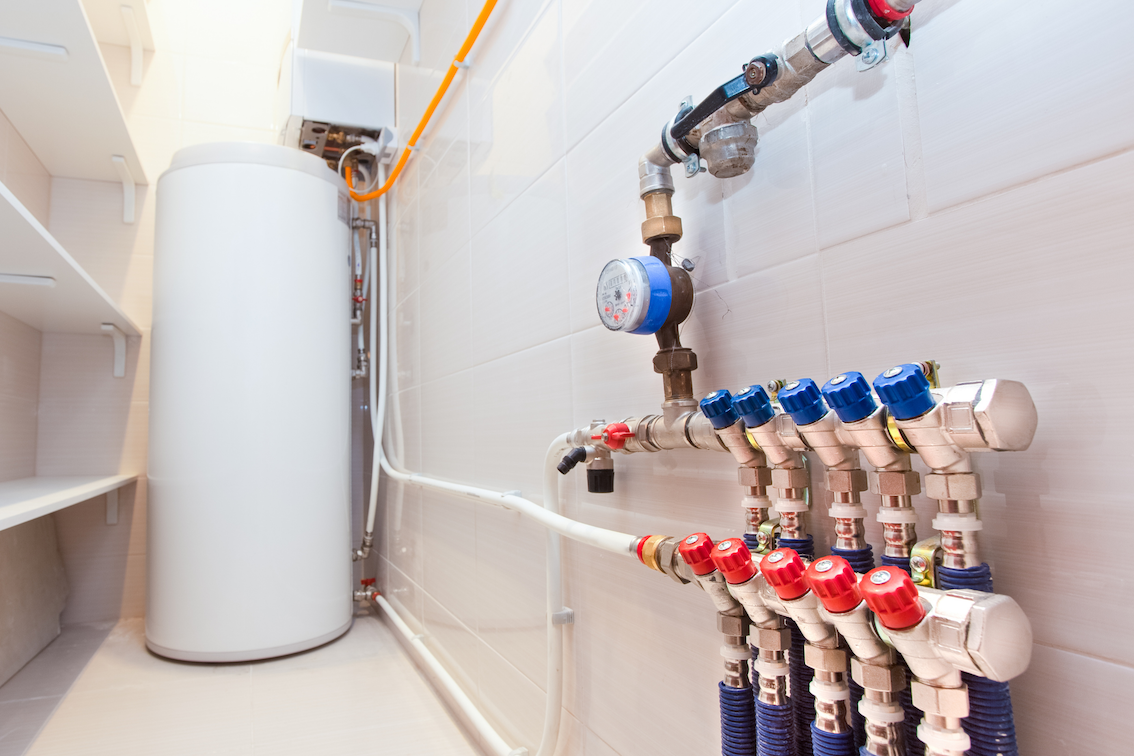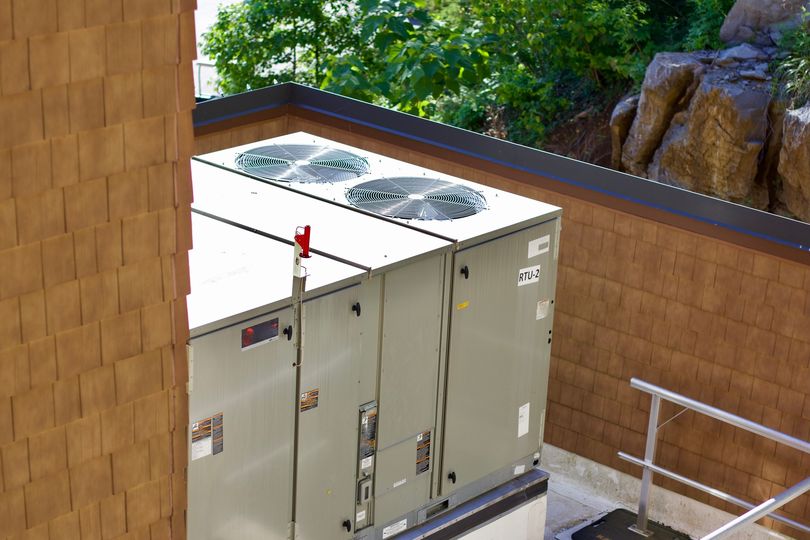It can be very unsettling to find your boiler producing loud and unpleasant noises. You might wonder what could be the cause of the noises or even presume your boiler has sustained damage. However, boiler noises should not cause you to panic. If you find your boiler making loud noises contact A-Plus Quality, HVAC services in the Greater Toronto Area, to have the problem diagnosed and fixed. A certified technican will check for the source of your boiler noises and make any necessary boiler repairs.
Possible Causes of Boiler Noises
During the diagnosis of the cause of your boiler noises, an HVAC technican will consider the kind of sounds produced. This action gets carried out to deduce the source of the problem. The type of noises taken into consideration are:
1. Kettling Noises
Clunking sounds and banging sounds are called kettling. If your boiler produces such noises, the problem might be that the boiler has developed limescale inside. This limescale creates a layer in-between the heat exchanger, making kettling noises as the water inside boils through it.
2. Whistling Noises
This kind of noise is very alarming to most people. However, they are not signs of severe boiler damage. These sounds relate to kettling or sometimes caused by trapped air inside the boiler. Other causes of whistling sounds are partial blockage of pipes or a rapid increase in water pressure due to overheating.
3. Gurgling Noises
In most cases, the cause of this kind of noise is likely trapped air in the boiler. This often culminates from leaking pipes. During cold seasons production of gurgling noises by the boiler indicates frozen pipes.
Solving Boiler Noises
If you identify the above noises emanating from your boiler, contact us today and a certified techinican from A-Plus Quality, HVAC services in the Greater Toronto Area, will help you fix the issues. If they find air trapped in your boiler, they will check for pipe licks and fix them. However, if there are no licks, they will arrange to drain the trapped air from your boiler.
If you are concerned about any odd noises coming from your boiler, contact us today and we will send a specialist from A-Plus Quality, HVAC services in the Greater Toronto Area, to inspect the problem in detail. Contact us today!



